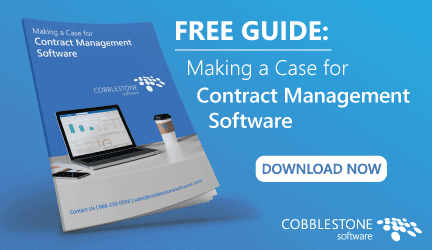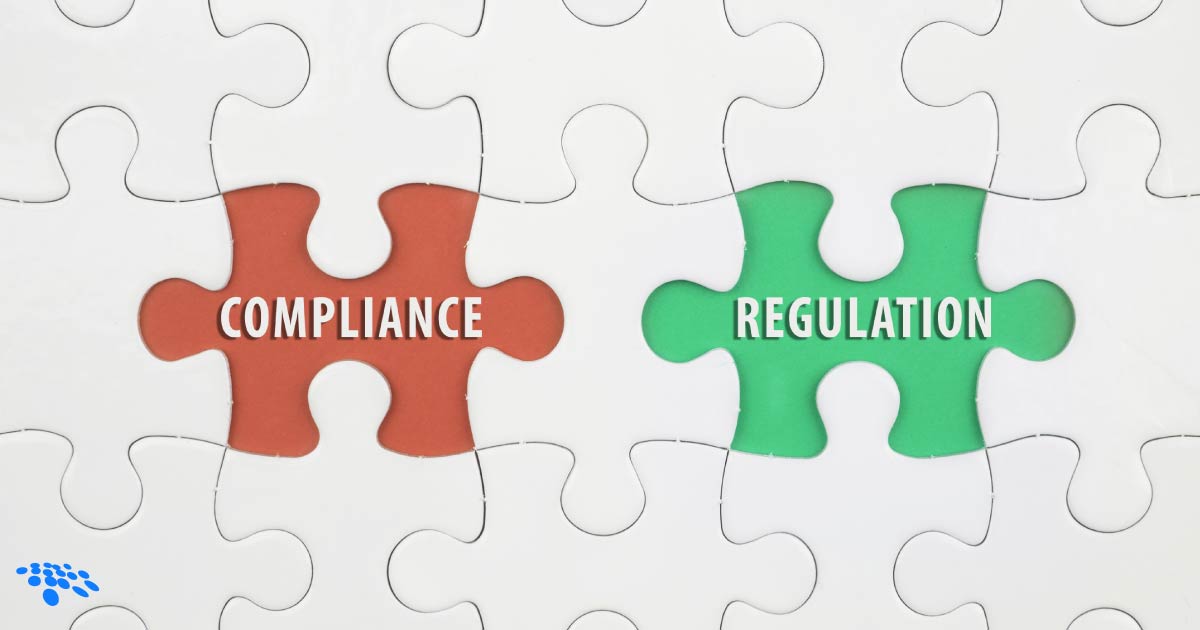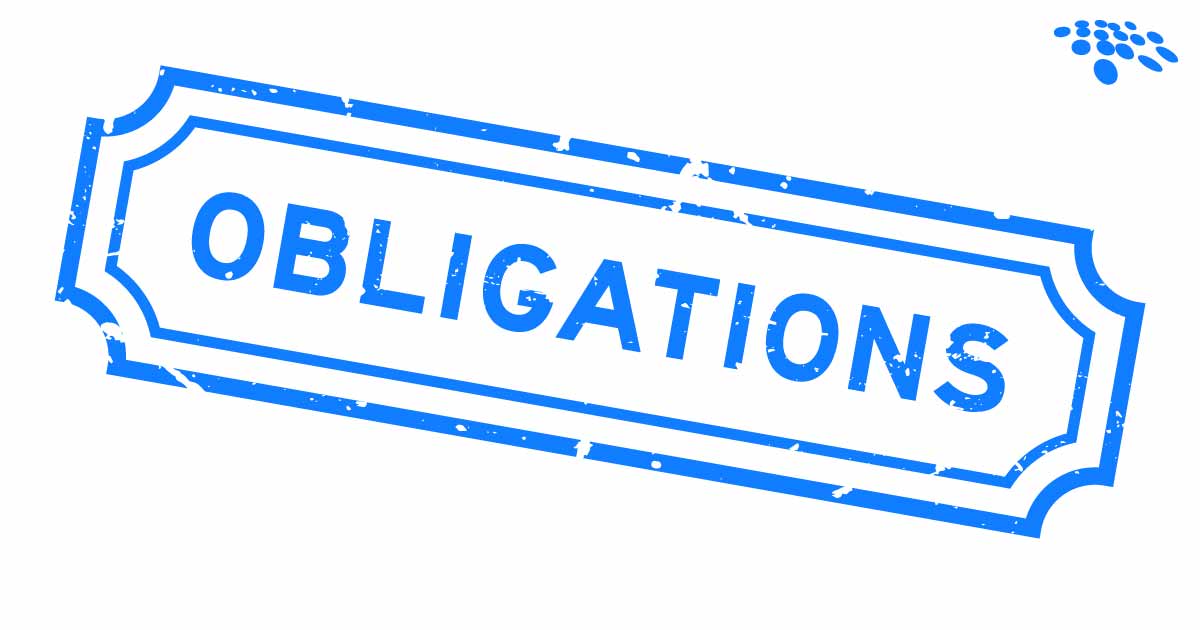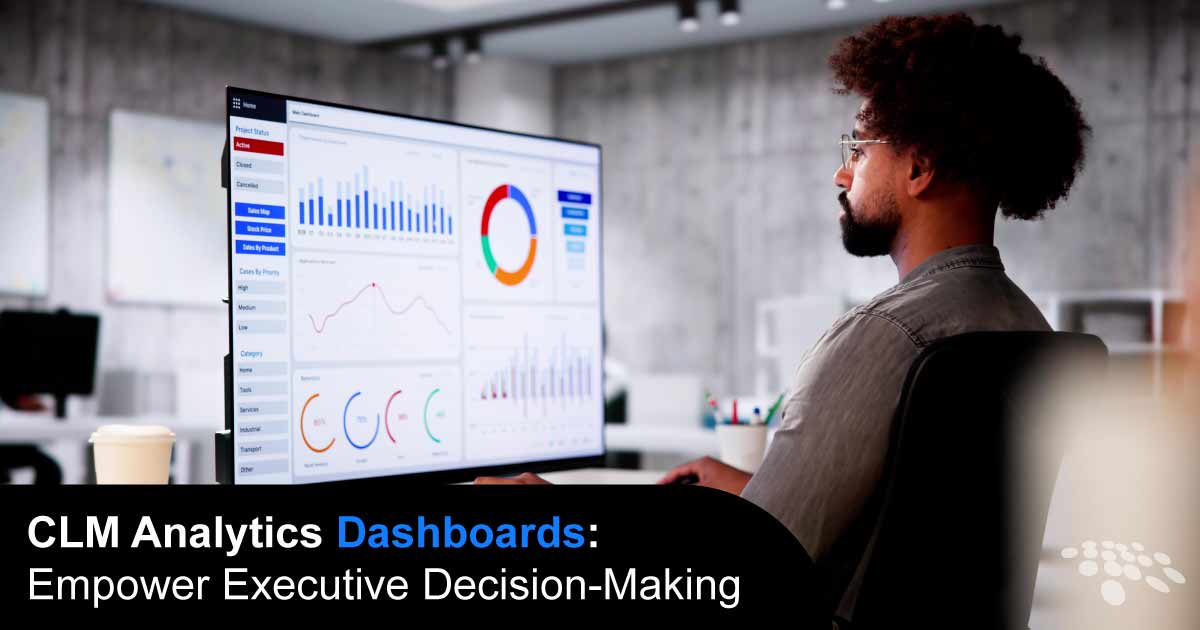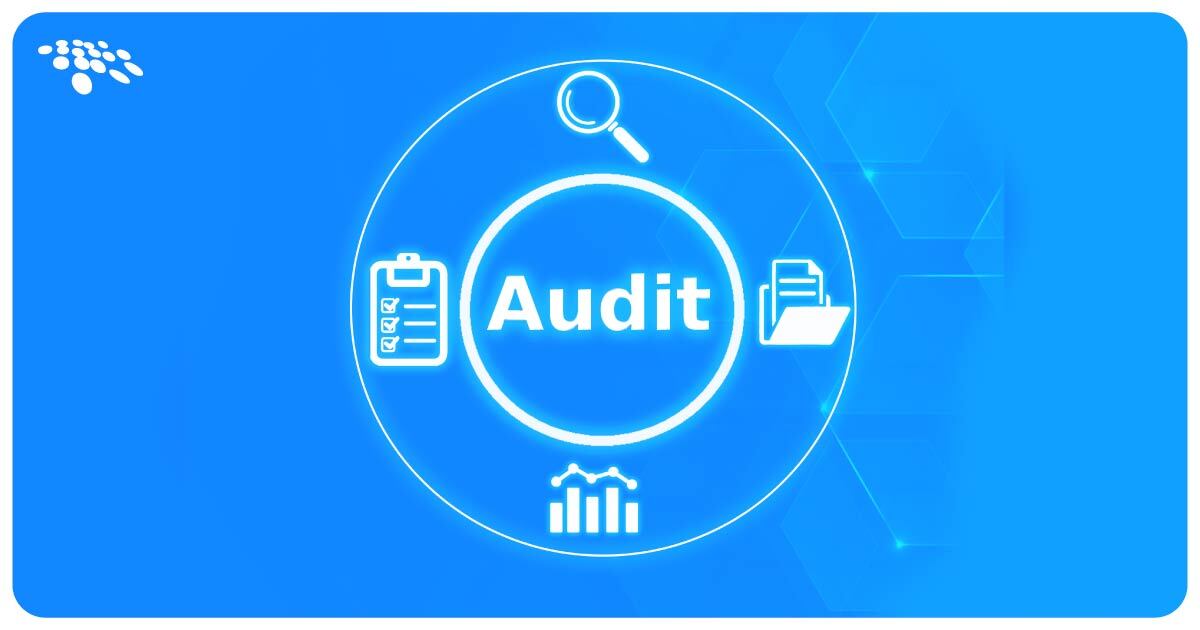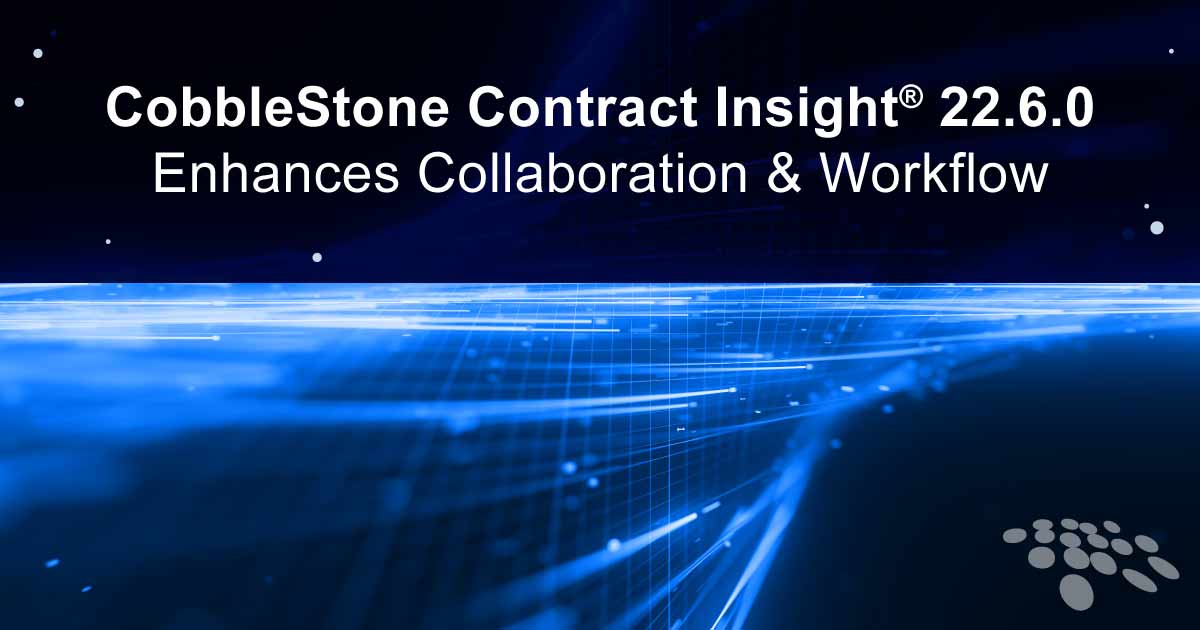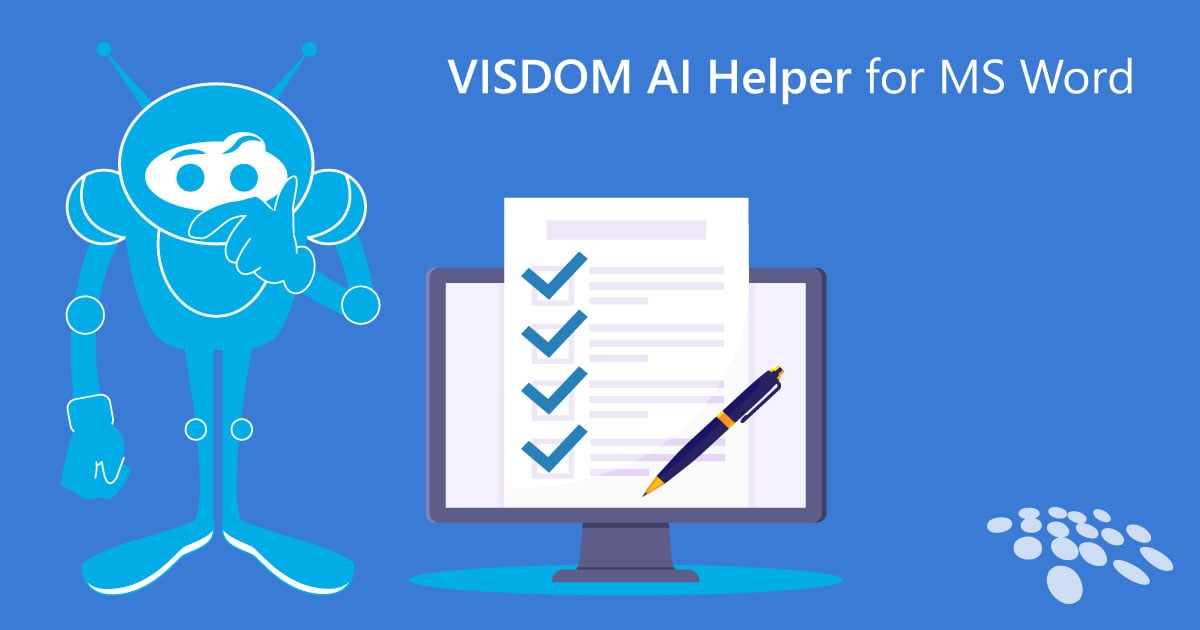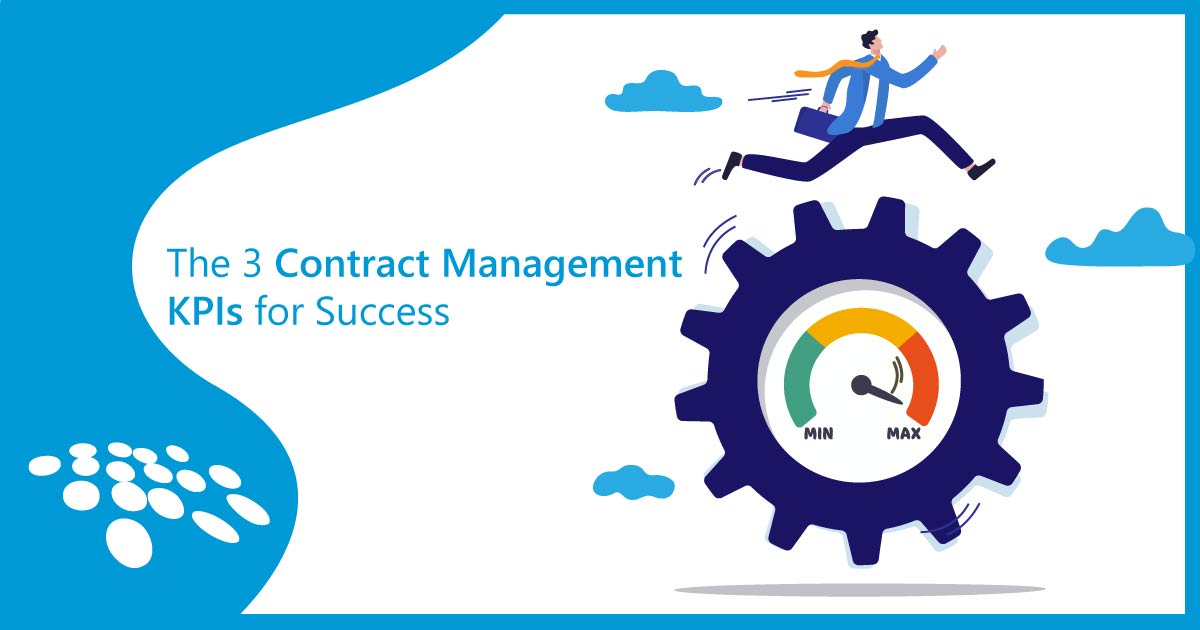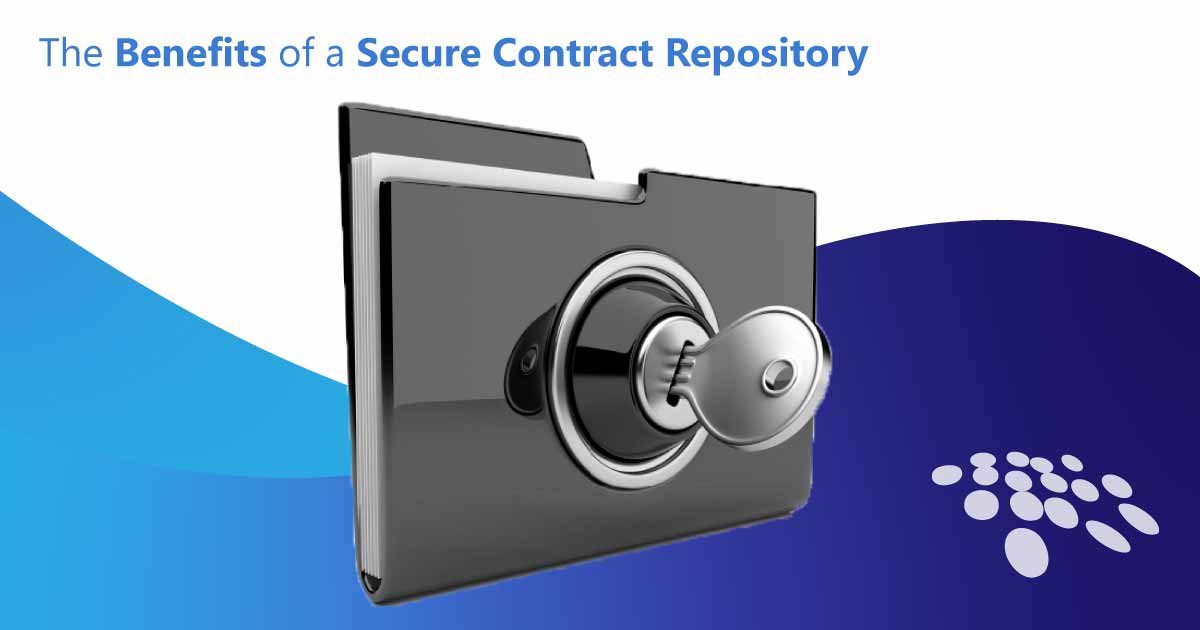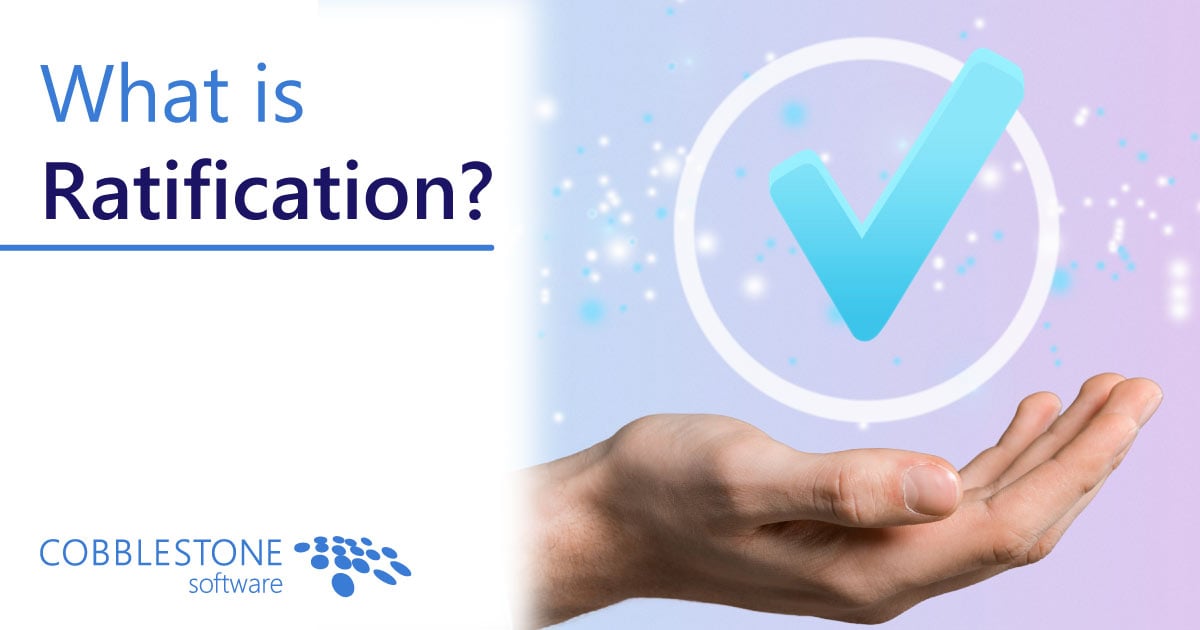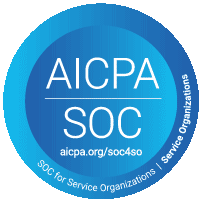
Attaining more value from contracts is an important goal for leading public and private organizations across all industries. To support contract management ROI in 2020 and beyond, contract management professionals must start with a baseline of contract administration, procurement, and sourcing data through contract management benchmarking.
What is Benchmarking in Contract Management?
Benchmarking is an approach that requires stakeholder support to dedicate an organization’s people, process, and technology to the ongoing evaluation of process strength, process results, process integration, leadership support, products/services, operations, and industry peers.
The overarching goal of benchmarking is to effect change and improve performance. Once a baseline of data is substantiated, the organization must regularly review and compare performance to these established benchmarks, and it can leverage these benchmarks to find areas for improvement and define contract management KPIs.
The Benefits of Benchmarking in Contract Management
Organizations that view contracts as evolving entities and who are committed to progress and improvement will be poised to attain benchmarking benefits such as:
- savings and increased revenue from contract process and workflow improvement.
- contract lifecycle management (CLM) quality and efficiency betterment through reduced cycle times.
- reducing risk through the creation of audit trails and accurate benchmarking data.
- sharpening workload distribution based on contract value, contract complexity, and contract type.
- aligning organizational needs with contract management best practices.
- leveraging baseline data and peer and industry leader performance comparisons to build the case for ongoing CLM improvement initiatives.
- establishing goals including cost reduction, entering new markets, or expanding customer reach.
- setting the tone of new contracts based on client feedback, supplier pricing, and milestone benchmarks.
Get Started with Contract Management Benchmarking
To begin a dynamic benchmarking practice, organizations should first identify how contracts drive performance and create value, analyze internal processes and outcome gaps, and define essential processes to improve.
Next, organizations should select and benchmark business partners and competitors based on data compiled from internal and external resources and research. Organizations must be cognizant of data accuracy and the time and resources required to access the data. Benchmarking data can be used to identify contract performance gaps and the reasons behind them.
Finally, organizations should implement an ongoing contract administration benchmarking practice that has the necessary level of senior management support to monitor regularly, take corrective action, and establish new contract management processes and controls.
Examples of what organizations can learn from benchmarking include:
Low complexity contracts take an average of 4 weeks to reach closeout, but low complexity contracts for a specific service type take 8 weeks to close;
High complexity contracts use 80% of contract management time while low complexity contracts use 70% of contract management time.
Contract Management Benchmarking Best Practices
Benchmarking best practices include measuring performance, identifying primary areas of activity, and establishing contract management’s value proposition. Organizations should focus on contract complexity, and individual and functional contract administration performance to align with best practices in three core areas:
#1 - Contract Management Internal Process Review:
- Take measure of internals strengths and weaknesses pertaining to CLM oversight, results, and process integration. Establish and monitor base contract management KPIs around cycle times, approval delays, duration of bids, missed milestones, legacy contract trends, clause variance, annual contract value, and disputes resolved.
- Obtain internal organizational feedback to ascertain areas of CLM success and areas in need of improvement. Track issues for future reference to reveal recurring challenges so the organization can establish a mitigation plan that includes key stakeholders.
- Incorporate contract management software into your organization’s benchmarking strategy to increase visibility and transparency while reducing risk. CLM software like Contract Insight can help organizations effectually manage an entire contract portfolio with intelligent workflow, automated alerts, AI-based contract management, data extraction, audit trails, contract reporting and analytics, and more.
#2 - Supplier Performance Evaluation:
- Review supplier SLAs and compare to contract performance data and self-reported supplier performance.
- Establish regular, recurring supplier meetings to discuss contract renewals, continuous cost reduction, and contract performance improvement plans.
- Request that suppliers provide pricing data for benchmarking, as well as feedback around how your organization can improve product and service offerings.
#3 - Market Analysis:
- Be mindful of looming supply chain price changes due to supply shortages, changes in laws and regulations, and commodity cost reductions or increases.
- Compare performance, strengths, weaknesses, and opportunities against direct competitors as well as top-performing non-competitive organizations and industries to create new benchmarks that support contract lifecycle management improvement.
CobbleStone’s Contract Insight® Contract Management Software helps organizations take control of contracts to generate the most value through improved contract lifecycle management, procurement, and sourcing practices. Read this whitepaper for tips on how to make your case for contract management software.



